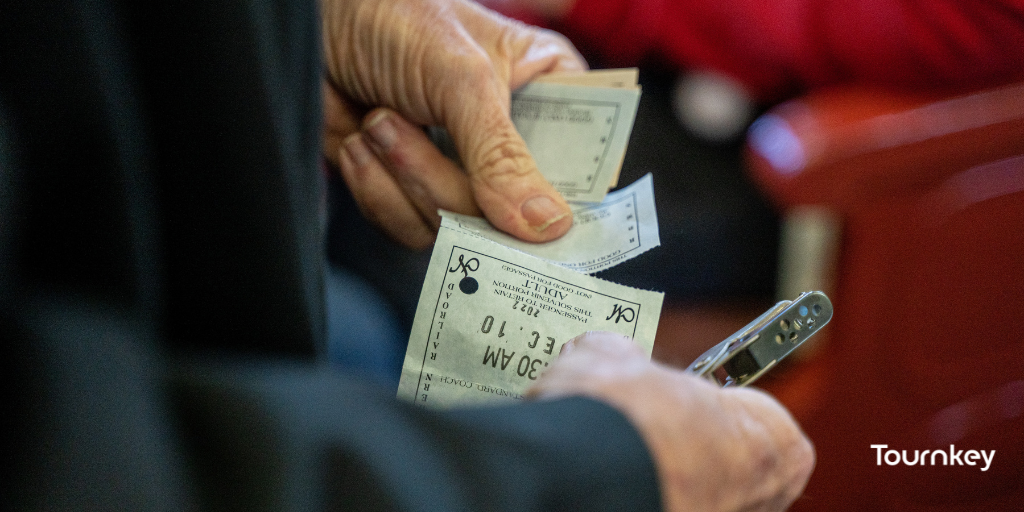Balancing fair playing time in youth sports is one of the most complex responsibilities youth coaches face. Between nurturing individual development, meeting competitive goals, and managing parent expectations, it’s easy to feel like you’re walking a tightrope. Thankfully, a few smart strategies can help you create a team environment where players grow, compete, and feel valued.
Start with Clear Communication
Before your season kicks off, host a preseason meeting with players and parents. This is the moment to set expectations around playing time, goals, and team values.
Example Talking Point:
“Our team prioritizes development and effort. Everyone will play, though exact minutes may vary depending on attendance, hustle, and the situation.”
Why it Works:
Transparent communication builds trust and reduces surprises. It also gives you a strong foundation when tough conversations come up later.
Learn how to communicate playing time policies before the season starts.
Design a Flexible Rotation Strategy
Creating a rotation system helps ensure that all players participate meaningfully.
What to Aim For:
- Each player sees the field or court at least once per quarter or period.
- Players rotate between offence and defence when possible.
- Bench management tools like TeamSnap or BenchBoss can reduce human error.
A fair system doesn't mean "equal" every game, but rather equitable over time.
Track Playing Time Consistently
It's not about balancing every single game, but reviewing trends across the entire season.
How to Track It:
- Use a basic spreadsheet or a mobile app.
- Note absences, injuries, or disciplinary reasons.
- Look for patterns and outliers that might need adjusting.
Having data on hand not only ensures fairness but also gives you evidence-based answers if questions arise.
Learn how to balance competitive pressure and performance coaching in youth sports.
Celebrate Effort, Not Just Skill
Winning matters—but so does effort. When you reward hustle and teamwork, you motivate players across all skill levels.
Recognition Tips:
- Highlight unsung heroes during post-game huddles.
- Offer minutes as a reward for great practice attitude.
- Use public praise to build a growth mindset.
You send a powerful message: what matters most is the work you put in.
Be Honest and Supportive with Feedback
When a player gets less playing time, don’t leave them in the dark. Offer constructive, actionable feedback that supports their development.
Effective Example:
“If you focus on footwork and staying low this week, I’ll be more confident putting you in during key defensive moments.”
Feedback like this shifts the conversation from disappointment to opportunity.
Take Notes After Every Game
A few quick notes go a long way toward accountability and improvement.
Track Things Like:
- Who subbed in and out, and when
- Game situations that affected decisions
- Player performance or attitude shifts
You’ll thank yourself when the next email or phone call arrives with a question about playing time.
Communicate better with parents and build trust through every stage of the season.
Fair Playing Time in Youth Sports
Balancing fair playing time in youth sports is not a one-size-fits-all challenge. It requires planning, flexibility, and a whole lot of communication. But when you manage it well, players improve faster, teams become more united, and parents walk away with a positive experience.
And that, in the end, is what youth sports should be all about.
Looking to simplify tournament planning, manage teams effortlessly, and create better experiences for your athletes and their families?
Tournkey is the all-in-one platform designed to streamline youth sports travel, scheduling, communication, and event management—so you can focus on what truly matters: developing players and building a winning culture.
👉 Discover how Tournkey can support your coaching goals.
The Tournkey Event Ecosystem is a powerful series of tools designed to elevate your event’s profile while improving your event’s productivity and participant experience.


